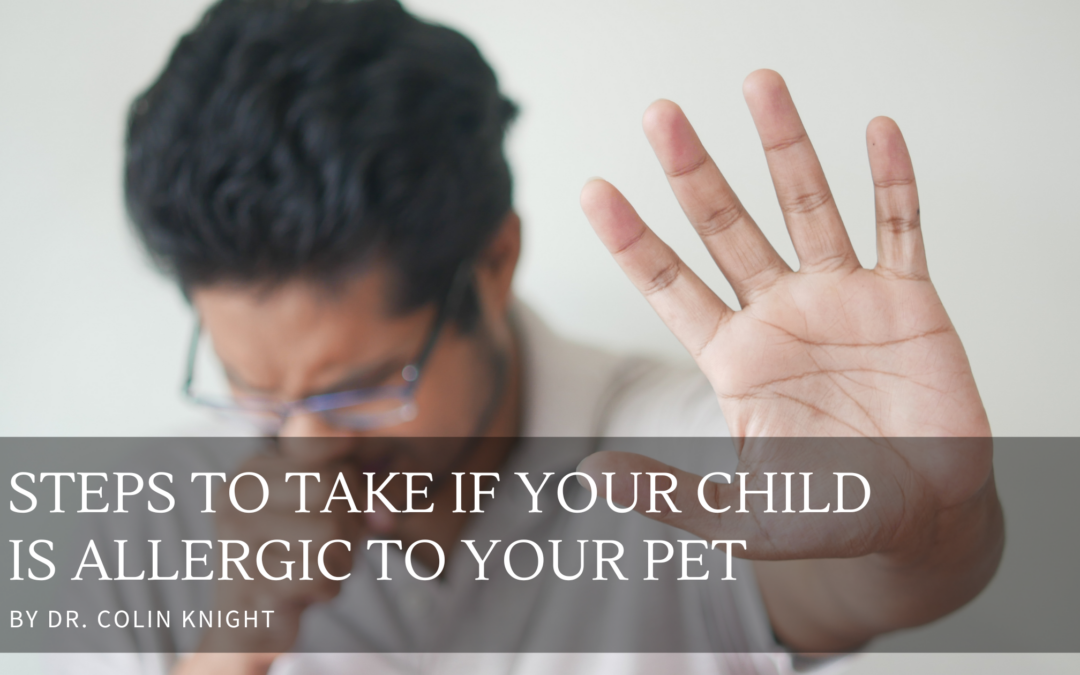Discovering that your child is allergic to your beloved pet can be disheartening, but taking proactive steps to ensure your child’s health and well-being is essential. Allergies in kids toward pets are relatively common, with symptoms ranging from mild to severe. If your child is allergic to your pet, here are some steps you can take to manage the situation and minimize exposure to allergens.
Consult with an Allergist: If you suspect that your child is allergic to your pet, it’s crucial to consult with an allergist for proper diagnosis and management. Allergy testing can help determine the specific allergens triggering your child’s symptoms and guide treatment recommendations.
Create Pet-Free Zones: Designate specific areas in your home as pet-free zones, such as your child’s bedroom and play areas. This can help reduce your child’s exposure to pet dander and other allergens, providing them with a safe space to retreat.
Implement Regular Cleaning: Establish a regular cleaning routine to remove pet dander and other allergens from your home. Vacuum carpets and upholstery frequently use a vacuum cleaner equipped with a HEPA filter, which can trap smaller particles effectively. Wash your pet’s bedding regularly, and consider using allergen-proof covers on mattresses and pillows.
Bathe Your Pet Regularly: Bathing your pet regularly can help reduce the dander they shed. Use a pet-friendly shampoo your veterinarian recommends and follow bathing instructions to avoid drying out your pet’s skin. Additionally, brush your pet outdoors to minimize the spread of dander indoors.
Invest in Air Purifiers: Consider investing in high-efficiency particulate air (HEPA) cleaners to help filter out airborne allergens, including pet dander, pollen, and dust mites. Place air purifiers in commonly used areas of your home to improve indoor air quality and reduce allergy symptoms.
Explore Allergy Medications: Depending on the severity of your child’s allergies, your allergist may recommend allergy medications to help alleviate symptoms. Antihistamines, nasal corticosteroids, and allergy shots (immunotherapy) are available treatment options. Discuss with your allergist which medications may suit your child’s needs.
Consider Rehoming Your Pet: While it’s a difficult decision to make, if your child’s allergies are severe and unresponsive to other management strategies, you may need to consider rehoming your pet. Ensure your pet is placed in a loving and caring home where their needs can be met.
Consult with an allergist for guidance, implement cleaning routines, and explore treatment options to help manage your child’s allergies effectively. By taking these steps, you can ensure that your child and your pet coexist harmoniously in your home.
